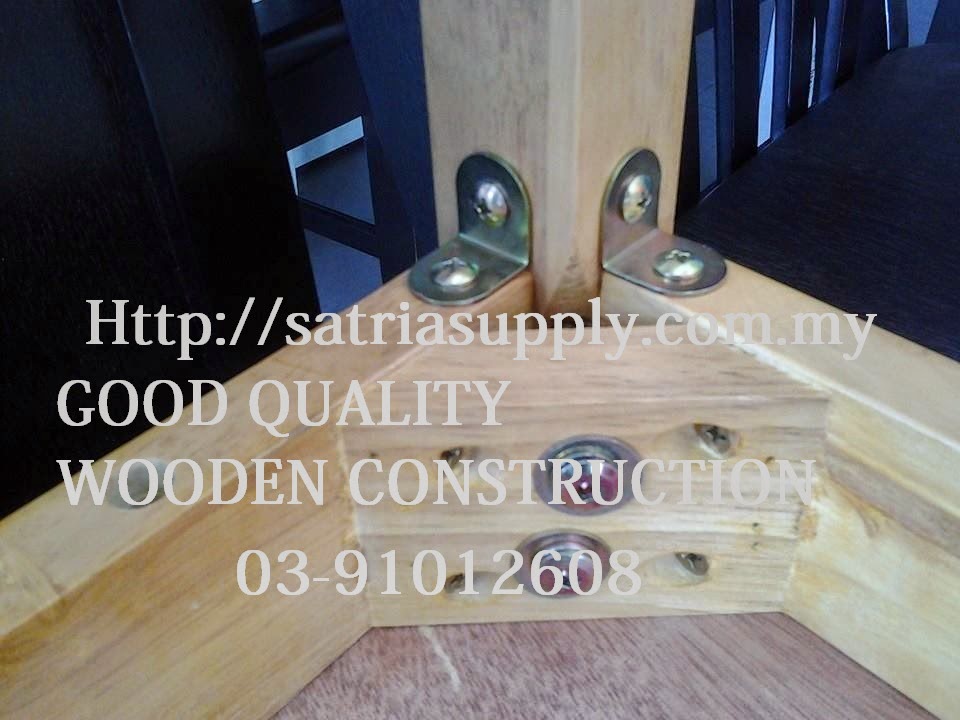Brief Glossary Of Composite Terms
Molding: Molding is the process of constructing a
part within a mold. Typically, precut reinforcement is placed one layer
at a time into the mold and saturated with resin. When the part has
achieved the desired thickness and orientation, it is left to cure.
When it is demolded, it will have the exact shape of the mold surface.
Laminating: Laminating originally referred to
applying a thin protective coating of resin and reinforcement over a
surface such as wood. The term's use has broadened to include virtually
any finished composite part, molded or otherwise. A current example
would be: "The part tested was a 10-ply vacuum bagged laminate."
Lamination Schedule: This is a list of the
individual layers and orientation of the plies used to construct a
composite part, and typically specifies the ounce-weight of the
reinforcement and the weave style.
Casting: Casting refers to pouring a large mass of
resin into a cavity. The cavity can be a mold when casting parts, or
it can be the backside filler for a tool when making the mold itself.
It is necessary to use specialized casting resins which generate less
heat during their cure and thus create less distortion in the final
part. Fibrous fillers can be added as needed to strengthen the casting.
Sculpting: Sculpting is usually accomplished by
carving a shape out of polyurethane foam and then laminating the
surface. This can be done to create a plug for the molding process, or
to shape a finished part in the case of moldless construction.
Reinforcement Types, Properties, and Styles
The physical properties of composites are fiber dominant. This
means that when resin and fiber are combined, their performance remains
most like the individual fiber properties. For example, it is not
satisfactory to merely average the tensile strengths of fabric and
resin to determine the strength of a panel. Test data shows that the
fibrous reinforcement is the component carrying the majority of the
load. For this reason, fabric selection is critical when designing
composite structures. Fabricators today choose from three common
reinforcements, including
fiberglass, carbon fiber, and
Kevlar®. Each comes in various forms and styles, and has benefits and drawbacks that should be analyzed before starting any project.



















